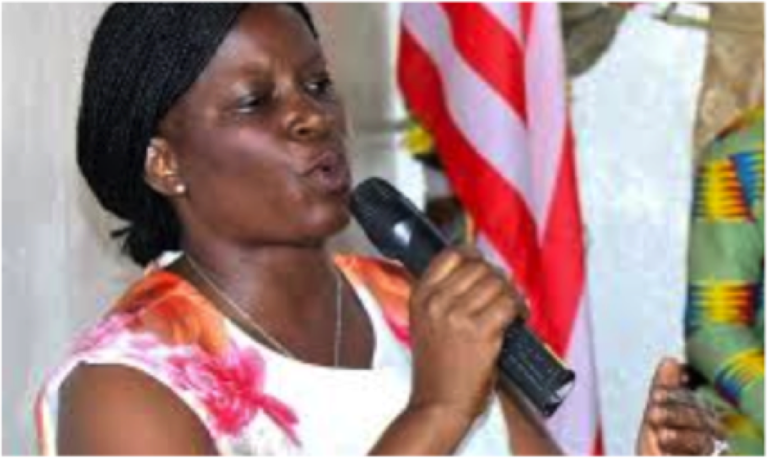By J. Ebenezer Daygbor, Monrovia Correspondent
One United States dollar is now $125 Liberian Dollar in Monrovia. This hack in the exchange rate in Liberia is an added layer of hardship lashing the small West African nation and its impoverished populace.
But the has created concern among members of the Liberian Senate. On Thursday, the Upper House of the Liberian Legislature empowered the Committee on Banking and Currency to invite government’s fiscal monetary institutions to explain reasons for the skyrocketing exchange rate that is affecting every strata of the Liberian nation.
Plenary session’s decision followed a communication from Grand Bassa County Senator, Nyounblee Karnga-Lawrence that pleaded with her colleagues to invite fiscal monetary institutions to provide reasons for the high exchange rate on the Liberian market.
The lawmaker said as of June 21, 2017, the buying rate in some parts of the country was U$1 to L$120, while the selling rate was U$1 to $125. “Even though on the same date, the Central Bank of Liberia mandated a selling rate of US$1 to L$112.75 and a buying rate of US$1 to L$113.46”
In her letter addressed to Senate Pro-temp Armah Jallah, Senator Karnga-Lawrence expressed frustration over the lack of control by fiscal monetary institutions to regulate and control the USD to LD as per their constitutional duties.
“This may inform the senate to take appropriate action as is in our purview in order to curb these unprecedented circumstances,” she said.
Liberian Senate argued that the strength of United States dollars against the Liberian dollars is causing small Liberian businesses or business owners to go out of business, while some in the medium seize category are being strained to the point where they are no more profiting.
“This is largely due to the fact that they are compelled to buy the US dollar with the weak Liberian dollar before they can purchase their goods,”
Skyrocketing of the rates have caused local commodities price to swelled and has brought unbearable hardship on Liberians, especially those who are unable to afford one United States dollar a day.

